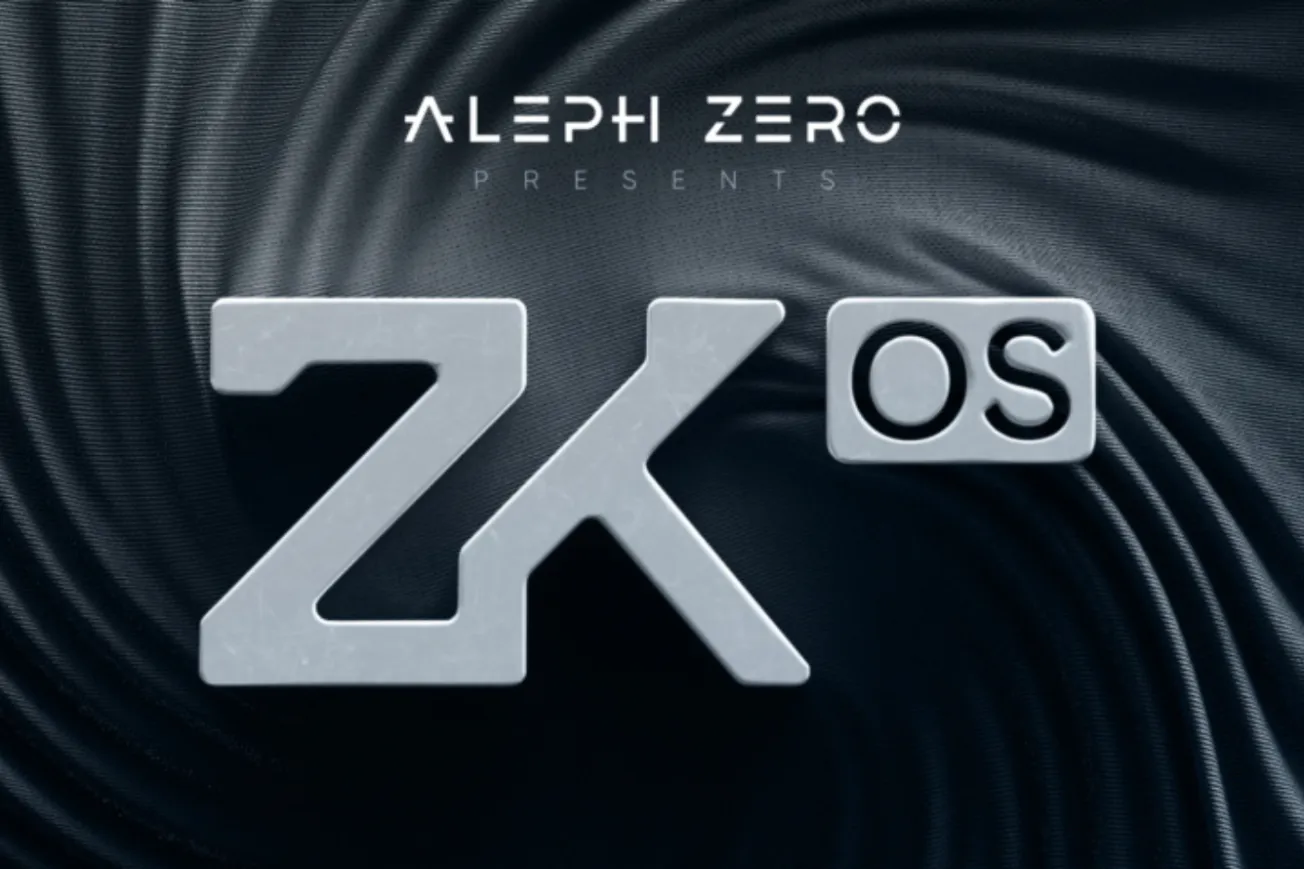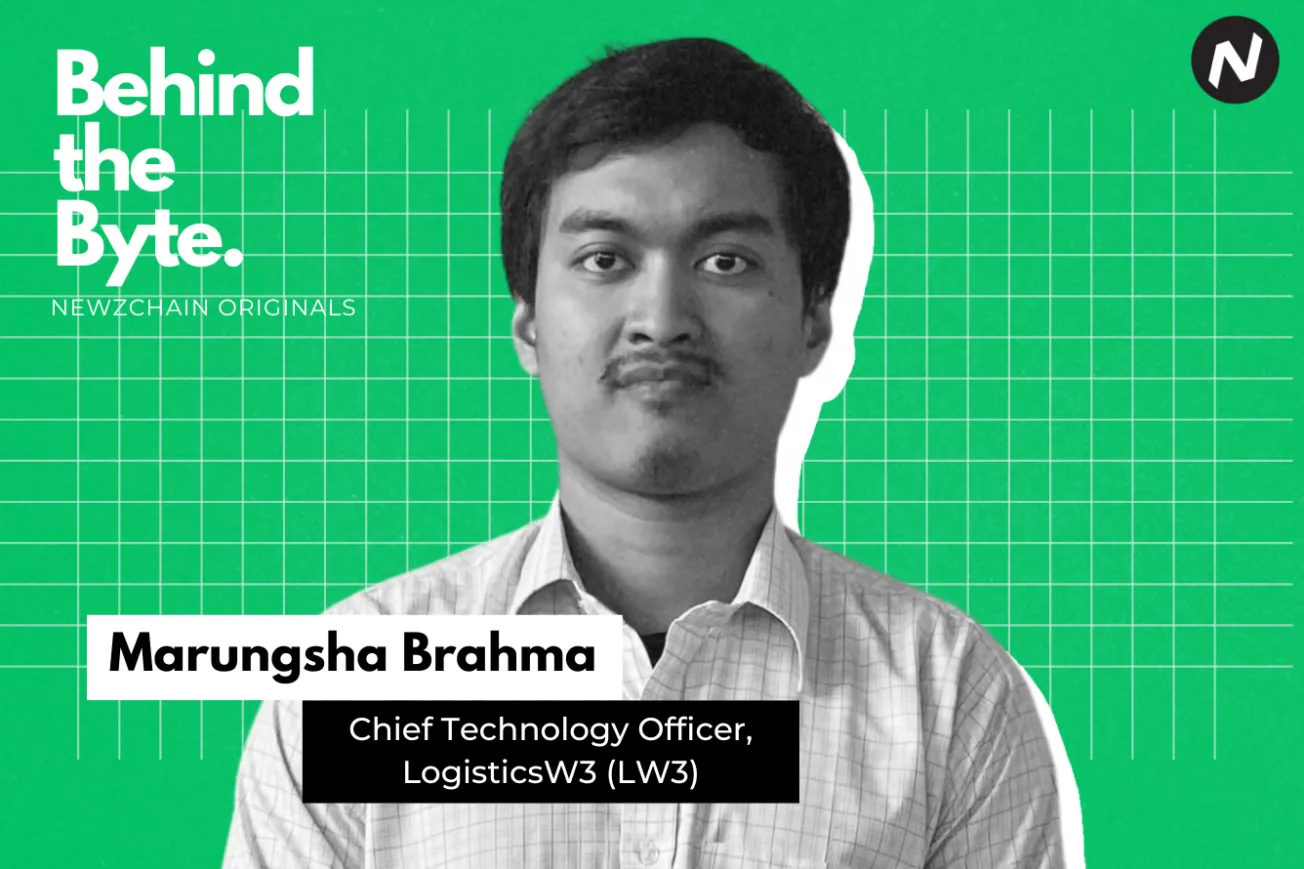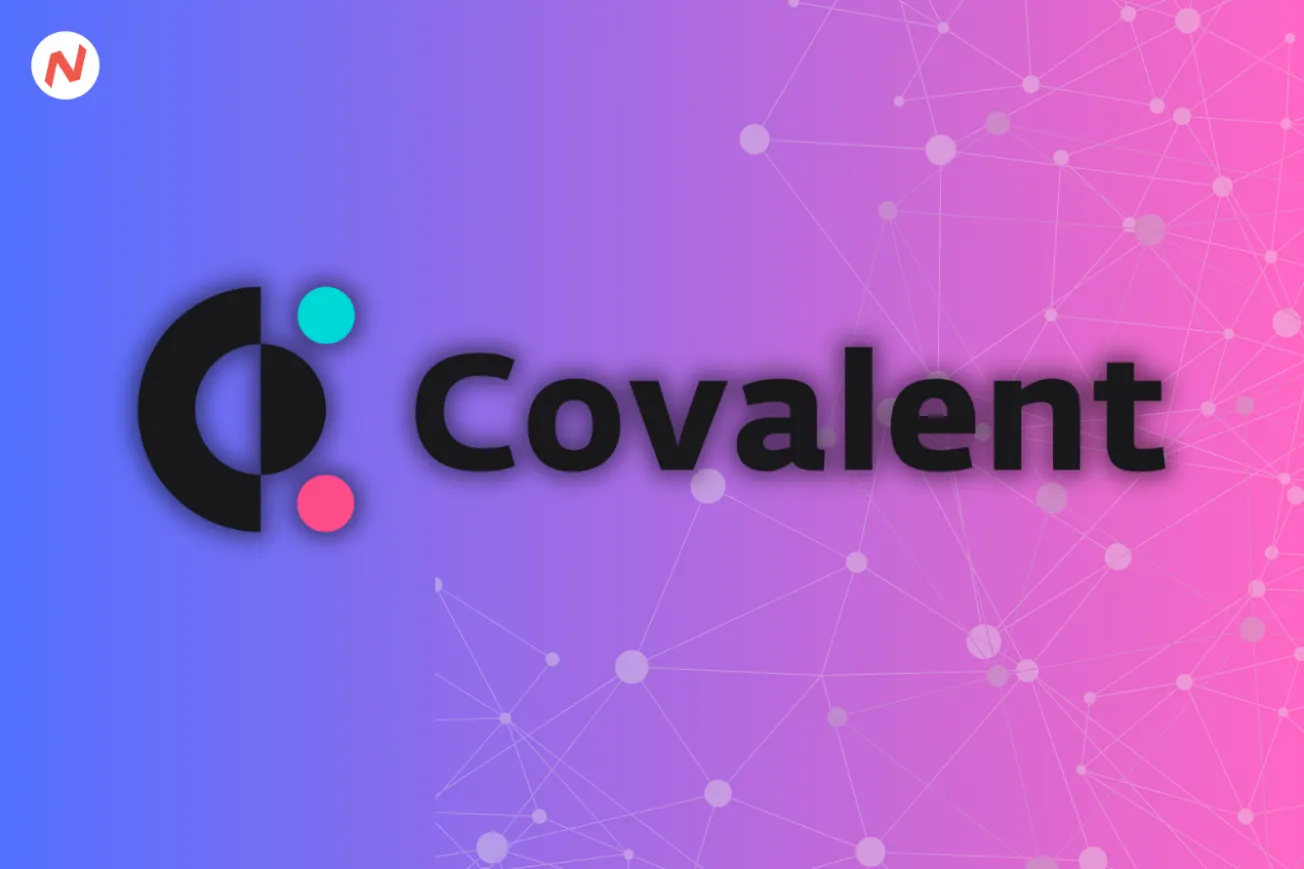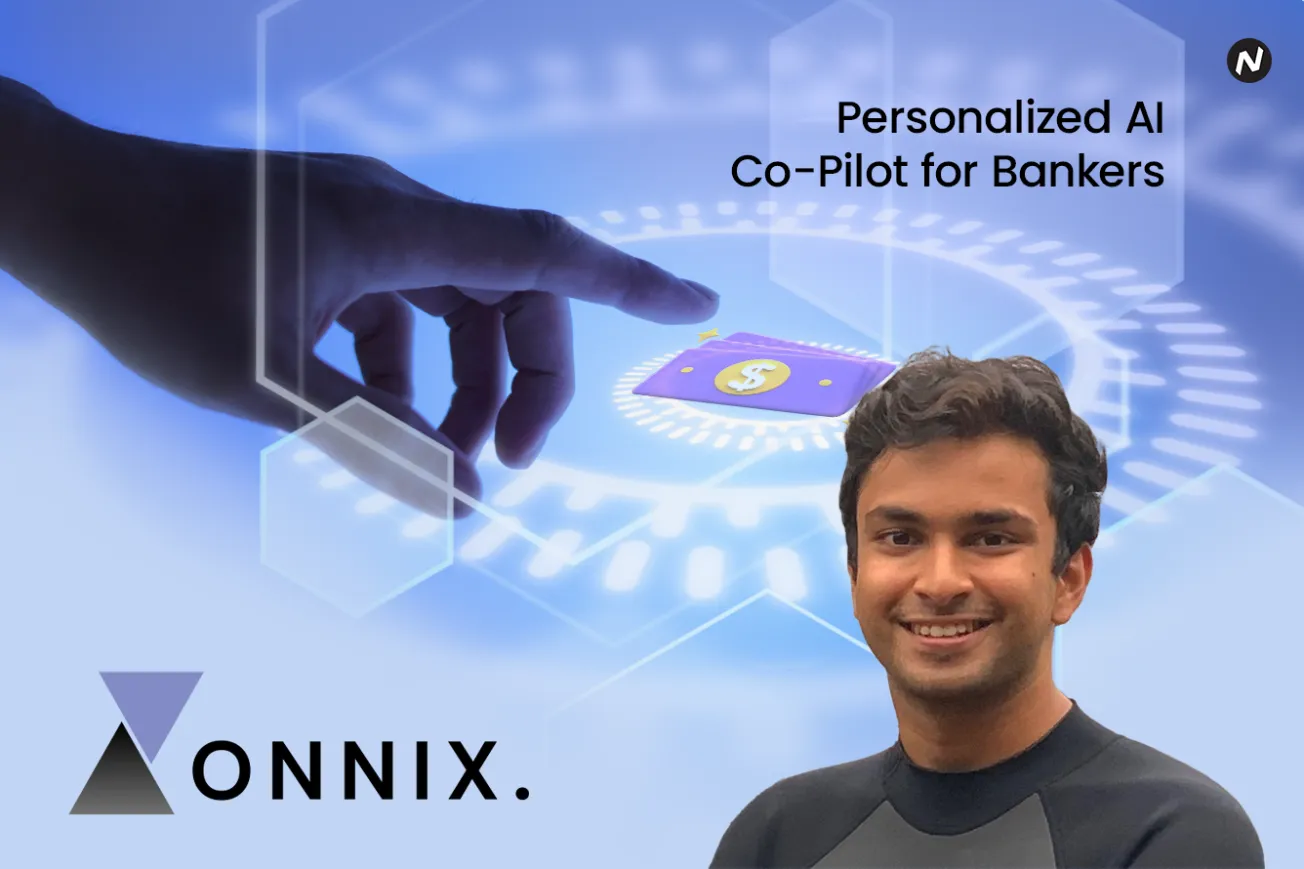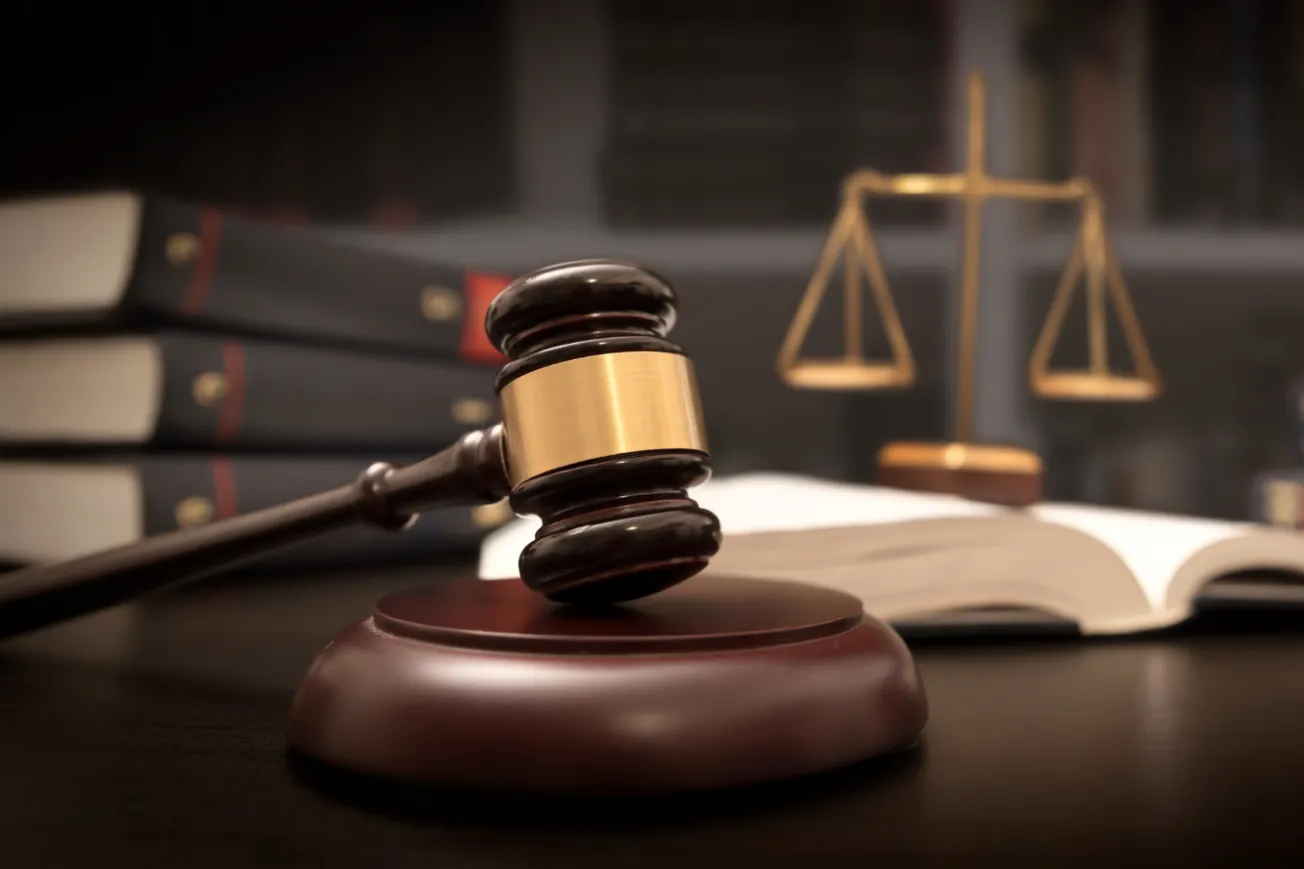- Emphasizes digital age data privacy, addressing breaches and social media's role.
- Introduces blockchain's protective potential with examples like Estonia's e-governance.
- Foresees wider blockchain adoption and emerging tech for digital footprint safety.
Have you ever wondered where the data you share online ends up? In this buzz-filled technological era, surrounded by devices, apps, and websites scooping up your personal information, data privacy has become a paramount issue.
Let's delve into why it matters and how an exciting technology called blockchain might be armored enough to protect your digital belongings.
Understanding Data Privacy
What is Data Privacy?
Data privacy, in its most straightforward sense, is all about your personal data- how it's collected, stored, and used. It's similar to your house; you choose who gets to enter (collect), where to store valuables (store), and how to use your belongings (use).
Why is Data Privacy important in the digital age?
In a world exploding with digital devices and online platforms, protecting your "house" (your personal data), has become paramount. Just as we wouldn't want strangers to rifle through our physical belongings, we should be equally concerned about invisible hands reaching into our virtual pockets.
The state of Data Privacy
The Alarming Rate of Data Breaches
If we were to equate data breaches with rainfall, we would be experiencing monsoon conditions. It's like every time you turn around, another umbrella pops inside out, useless against the torrent of raining data breaches, from large corporations to small enterprises.
The Role of Social Media
Imagine social media as a bustling marketplace. But instead of fruits or clothes, what's freely being traded is a commodity much more intimate—personal data. Those "free" services aren't really free. In exchange for connection and communication, we are handing the keys to our digital "house".
Introduction to Blockchain and Data Protection
Basics of Blockchain Technology
Think of blockchain as a digital ledger, a bit like your grandmother's well-protected recipe book, but for data transactions. Each written recipe (transaction) is locked and tamper-evident—a respect for tradition, or in the case of blockchain, a respect for data integrity.
How does Blockchain protect user data?
Remember the uncrackable safe in those spy movies? That's a blockchain for your data. Instead of regular locks that a single key can open, blockchain uses special cryptographic keys. It's a two-key system where to open the padlock, you need both the public key (the padlock itself) and the private key (the key to open it).
Case studies of Blockchain in Data Privacy
Case Study 1: Estonia's E-Governance
Imagine having a tamper-proof online identity. Well, for people in Estonia, this is not a dream--it's their everyday reality. Estonia's government has embraced blockchain to protect its citizens' data, creating a trailblazing example that security can dovetail with technology.
Case Study 2: IBM's Food Trust Platform
Make no mistake; the journey of a mango from farm to store is vital. But what does this have to do with data privacy? Everything! IBM's Food Trust platform uses blockchain to track and protect food supply data. The very principles that keep your mango's journey transparent guarantee the security of any data on the blockchain.
The Future of Data Privacy and Blockchain
As we peer into the crystal ball, we see an exciting future where your data remains your own, thanks to blockchain technology. But like any tool, the effectiveness of blockchain in ensuring data privacy lies in how we wield it.
Alternatives to Blockchain for Data Privacy
While blockchain shines as a superhero for data privacy, there are other unsung heroes in this saga too.
Options such as Zero-Knowledge Proofs (think of it as proving something without revealing what it is), Homomorphic Encryption (doing calculations on data without actually seeing the data), and Secure Multiparty Computation (a group doing a task without revealing their inputs to each other) also hold a lot of promise for data privacy.
Safeguarding our Digital Footprints: The prevailing importance of Data Privacy
As we build our lives increasingly in the online space, 'safeguarding our digital footprints' is more than a tech-savvy phrase; it's a necessity. We are no longer just citizens of our country; we are citizens of the Internet, and like any competent citizen, we have to take charge of our safety.
Frequently Asked Questions
- What is Blockchain and how does it play into data privacy?
Blockchain is a type of data structure used in computer science that provides a transparent, secure, and tamper-proof system of record. It helps in data privacy by introducing a level of security and trust that's rare to find in the landscape of digital data. - Is Blockchain the only way to ensure data privacy?
No, blockchain is one of the potential ways to ensure enhanced data privacy. Other technology options include Zero-Knowledge Proofs, Homomorphic Encryption, and Secure Multiparty Computation. - What are some examples of blockchain being used for data privacy?
Examples abound from Estonia's E-Governance model to IBM's Food Trust platform, showing that various sectors, from governance to retail, see potential in leveraging blockchain for data privacy.
Edited by Shruti Thapa



